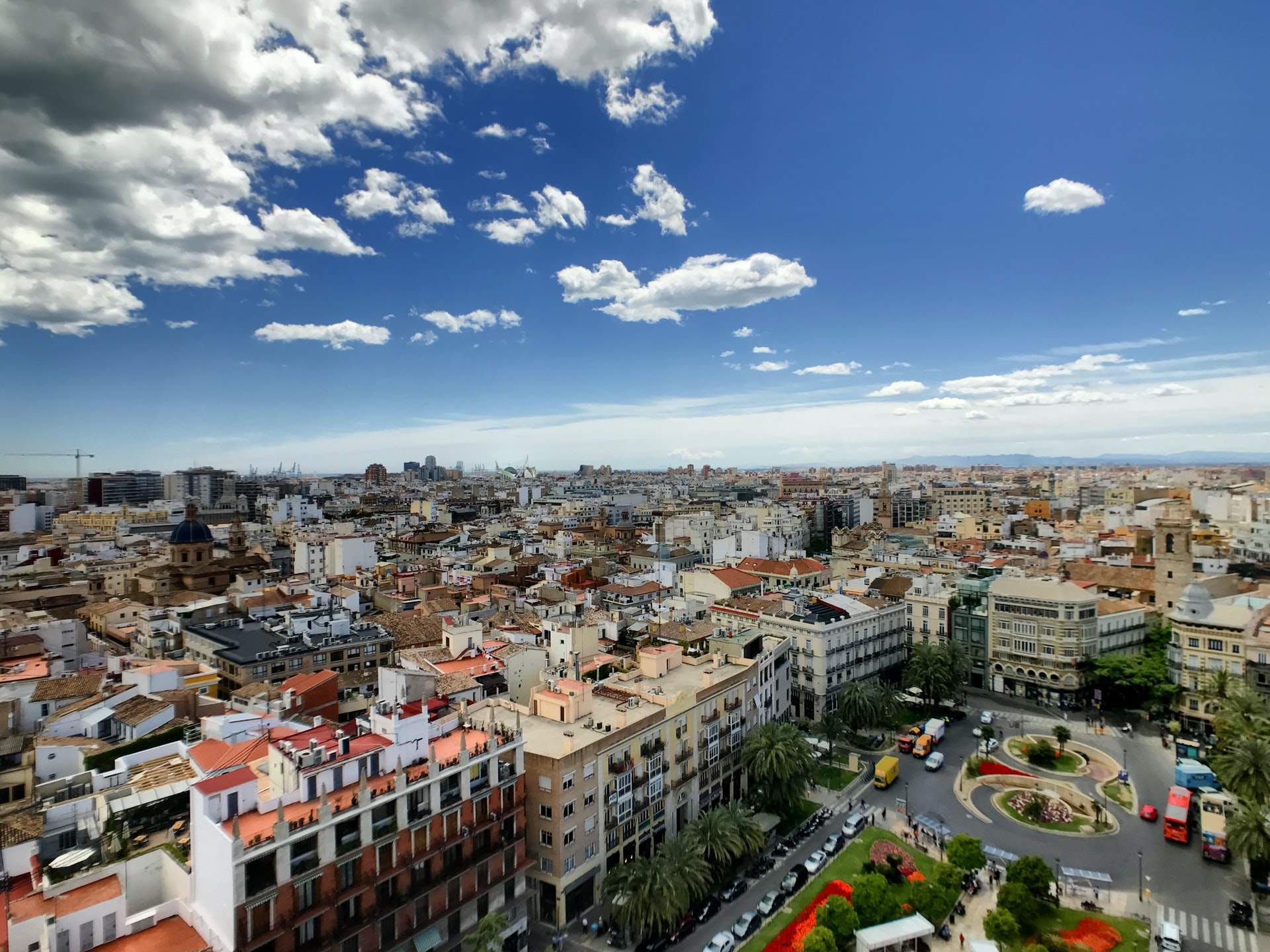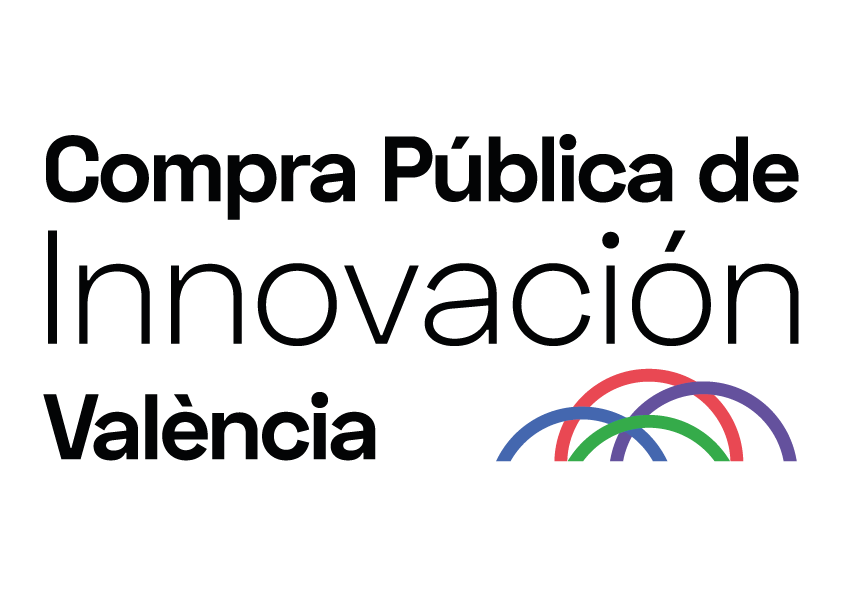Challenge 2: Energetic model
Transformation of the city’s energy model towards a scenario of renewable energy production and consumption.

Specific objectives
- Promote the deployment of public and private renewable generation systems, both in thermal and electricity generation.
- Deploy generation aggregation and consumption aggregation systems, linked to renewable generation systems, in order to avoid dumping the energy generated on the grid and reduce the cost for users.
- Implement new business models linked to system flexibility, optimising the operation of the distribution grid through demand aggregation and management, the use of storage (batteries and electric vehicles) and decentralised production.
- Decarbonise heat generation systems in public and private buildings, through thermal energy communities (including in public-private partnerships) or centralised air-conditioning systems, in an optimal integration with renewable generation.
- Deploy architecturally integrated photovoltaic generation systems in buildings and urban spaces, and building-integrated photovoltaic generation systems with double insulating and generating effect.
- Deploy shared energy (electricity and heat) grid management systems at neighbourhood, block or district level, with incentives for adoption, user participation, and including pricing and traceability.
- Explore the use of green hydrogen as an energy vector in optimised electricity and heat generation models in energy communities and public infrastructures with high heat consumption (schools, sports infrastructures).
- Deploy and promote the adoption of storage systems associated with renewable generation, including electric mobility as an element of distributed storage and V2X technology as a method of harnessing distributed storage.
- Explore the potential of green energy digital token generation and trading systems.
- To monitor indicators associated with the transition of the energy model, the impact of measures and the planning and use of available local energy resources (solar, biomass, geothermal, wind, etc.).
- Contribute to the implementation and efficient management of an eventual integration of decarbonisation targets for energy systems in public and private housing and, where appropriate, of the associated municipal taxation to incentivise their application.
- Mitigate energy poverty in the city and defend the right to have sufficient energy to live a dignified life, for example through collaborative renewable production models that include the participation of vulnerable people (social energy communities).
- In general, to contribute significantly to the objective of transforming the city’s energy supply model towards a zero-emissions scenario in a context of just and inclusive transition driven by the València 2030 climate mission.

